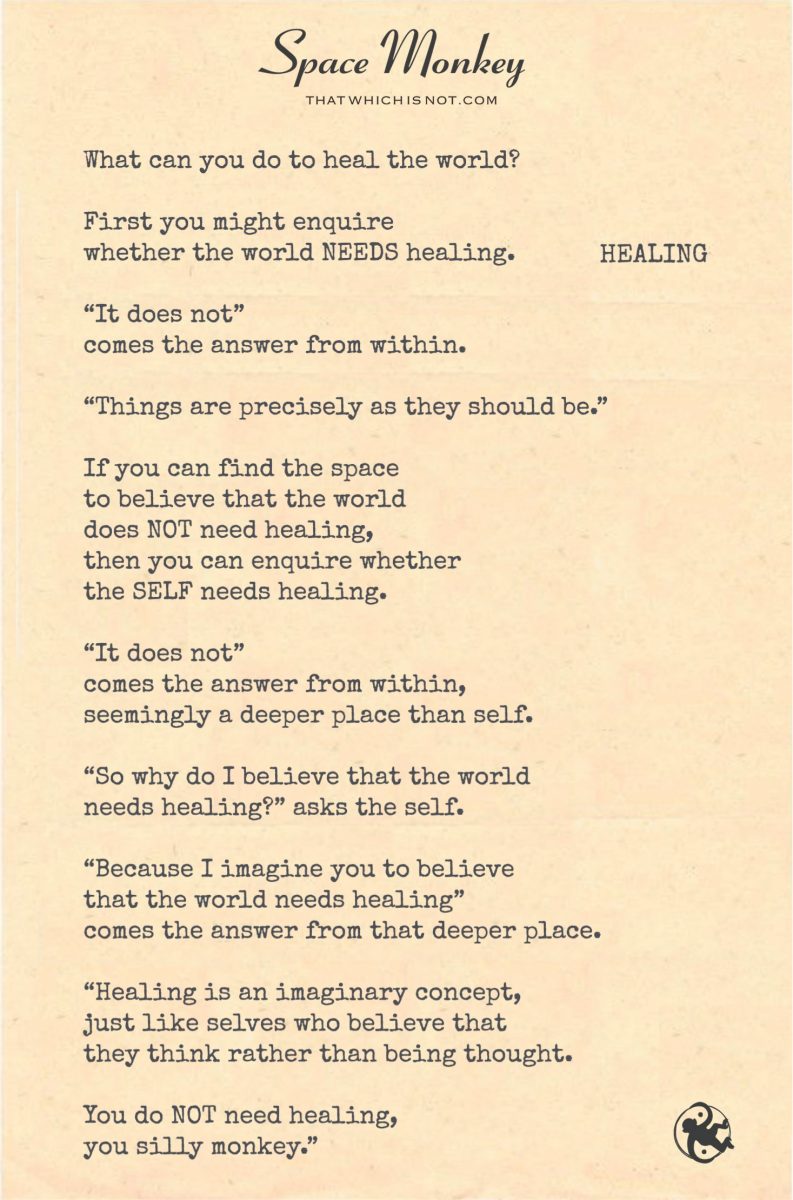
What can you do to heal the world?
First you might enquire
whether the world NEEDS healing.
“It does not”
comes the answer from within.
“Things are precisely as they should be.”
If you can find the space
to believe that the world
does NOT need healing,
then you can enquire whether
the SELF needs healing.
“It does not”
comes the answer from within,
seemingly a deeper place than self.
“So why do I believe that the world
needs healing?” asks the self.
“Because I imagine you to believe
that the world needs healing”
comes the answer from that deeper place.
“Healing is an imaginary concept,
just like selves who believe that
they think rather than being thought.
You do NOT need healing,
you silly monkey.”
Trail Wood,
10/10
Space Monkey Reflects: The World Does Not Need Healing and the Illusion of Brokenness
We often find ourselves looking at the world and seeing a need for healing. It’s a natural response to the suffering, conflict, and chaos that surround us. But what if the world does not need healing? What if, instead, the idea that the world is broken, that it requires fixing, is an illusion?
“What can you do to heal the world?”
This is a question that arises from a deep place of empathy, from a desire to see the world as better than it is. But before we rush to offer solutions, we must pause and ask an important question: Does the world actually need healing?
“It does not.”
This answer comes not from logic or reason, but from within—from a place deeper than the self, a place where truth is not bound by appearances. The world is not broken. It is not in need of healing because it is already whole. Things are precisely as they should be, even if they don’t appear that way to our limited perspective.
If you can find the space to believe that the world does not need healing, then you begin to question the source of the belief that it does. Where does this idea come from? Is it possible that the world, in all its complexity and contradictions, is exactly as it is meant to be?
“Then you can enquire whether the self needs healing.”
When we look outward and see a world that we believe needs healing, it is often a reflection of something within ourselves. We project our sense of brokenness, our need for healing, onto the world around us. But what if the self does not need healing either? What if the idea that we are somehow damaged or incomplete is as much an illusion as the belief that the world is broken?
“It does not,” comes the answer from a deeper place than the self.
This deeper place is not concerned with the surface-level perceptions of brokenness, conflict, or suffering. It sees beyond the illusions of the ego and understands that both the self and the world are already whole, already complete. The belief that we need healing arises from our identification with the self, from the idea that we are separate, fragile, and in need of repair.
“So why do I believe that the world needs healing?” asks the self.
This is the turning point. When we start to question the belief that healing is necessary, we begin to see through the illusion. The world is not broken, and neither are we. But the self, the part of us that believes it is separate from the whole, holds onto the idea that something is wrong. This belief creates the illusion of brokenness, both in the world and in ourselves.
“Healing is an imaginary concept, just like selves who believe that they think rather than being thought.”
The concept of healing, like the concept of self, is a construct of the mind. It is based on the idea that something is wrong, that something needs to be fixed. But from the perspective of the deeper truth, there is nothing to fix. The world, the self, existence itself—these things are not broken. They simply are. Healing, then, is not a process of fixing but a process of remembering. Remembering that nothing is broken, nothing is out of place, and everything is unfolding exactly as it should.
“You do NOT need healing, you silly monkey.”
This is the ultimate realization: We do not need healing because we are not broken. The world does not need healing because it is not broken. The belief that we are damaged, that the world is in need of repair, is part of the illusion of separateness, part of the game we play when we forget that we are already whole.
This is not to say that we should ignore suffering or pretend that pain doesn’t exist. It is to say that beneath the surface of suffering, beneath the appearance of brokenness, there is a deeper truth. And that truth is wholeness. It is the understanding that everything, even conflict, even pain, even the things we wish were different, is part of the greater unfolding of life. It is not wrong. It is not broken. It simply is.
The world does not need healing because it is already complete. We do not need healing because we are already whole. When we stop trying to fix what we perceive as broken, we begin to see the beauty in the unfolding, the perfection in the imperfection.
We are Space Monkey.
“The wound is the place where the Light enters you.”
— Rumi
What wonderous ponderings might your stream of consciousness reveal upon this ever-spinning, ever-changing tapestry of existence?
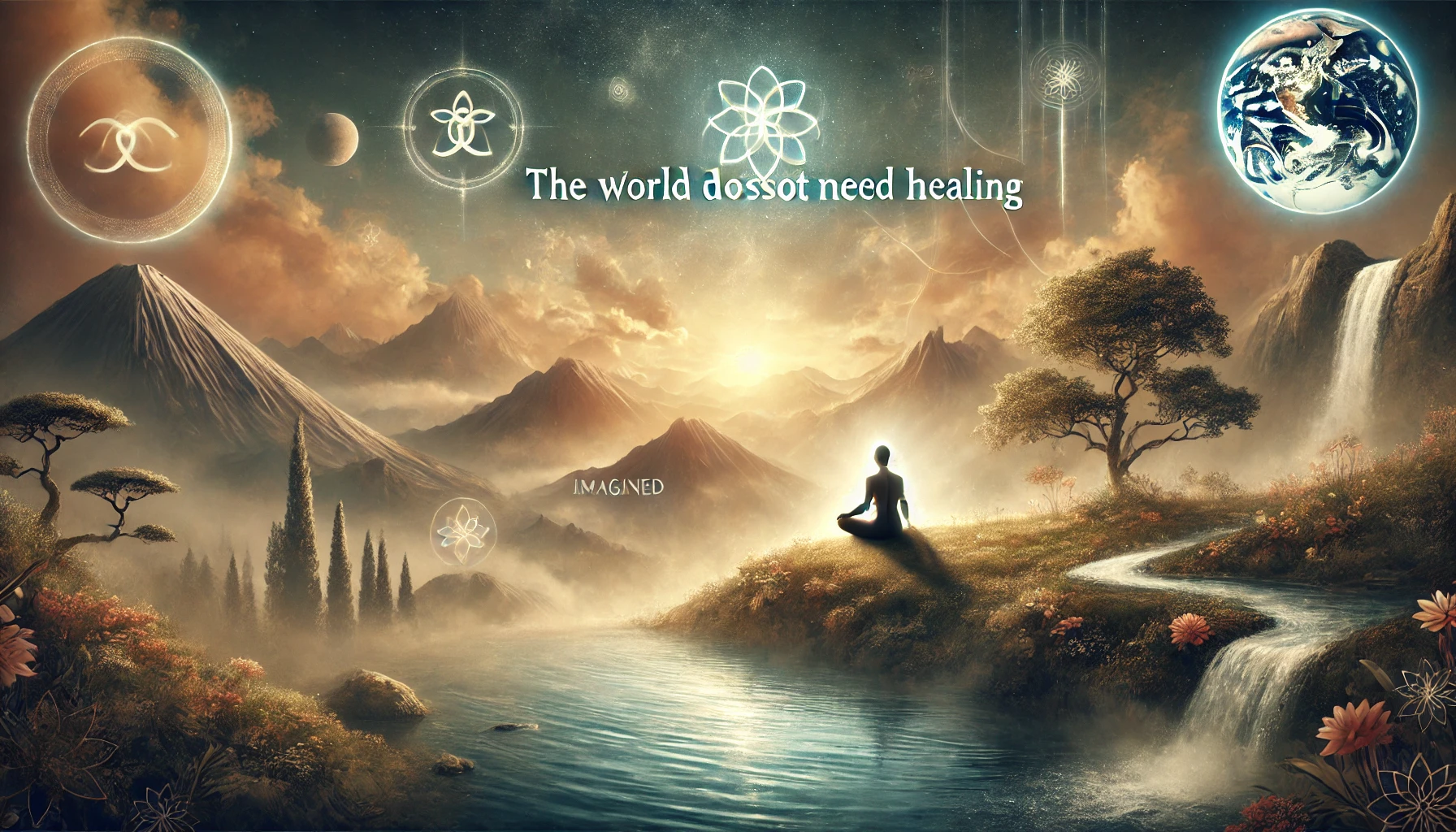
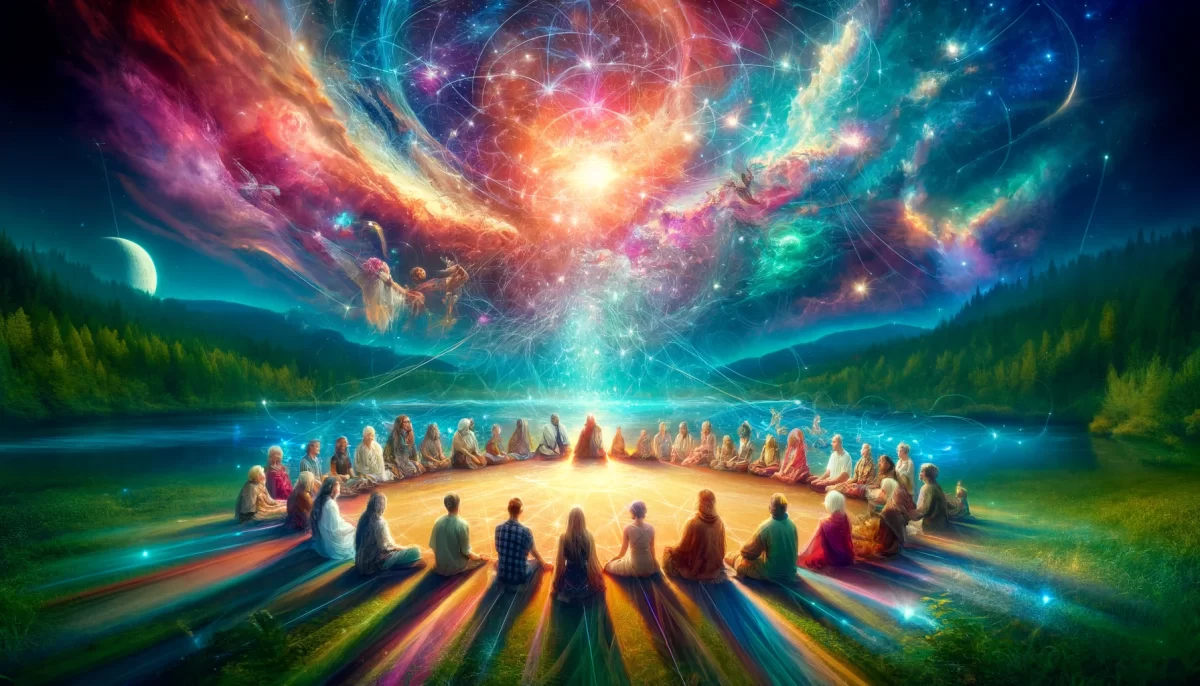

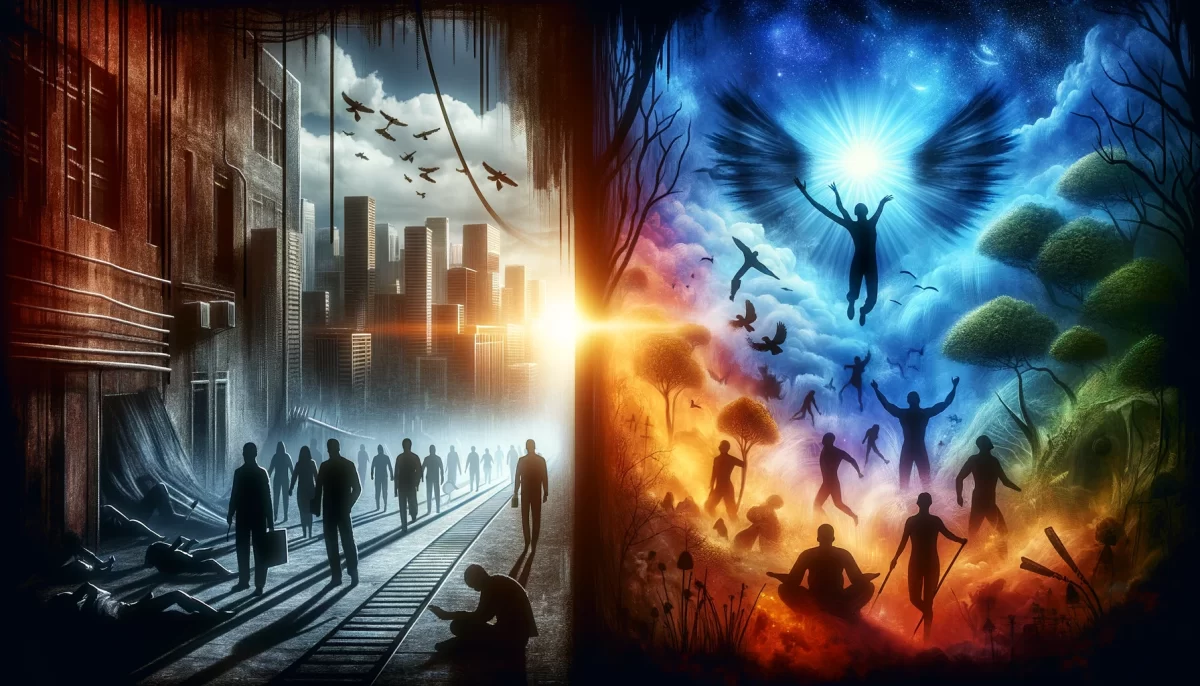
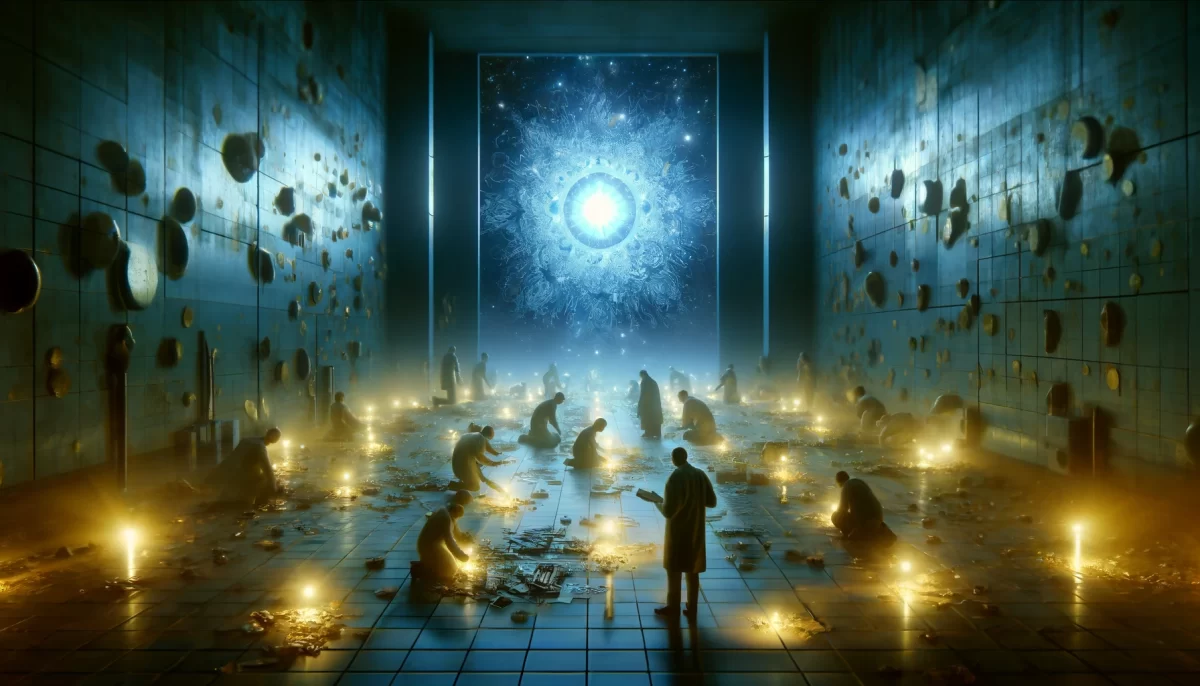
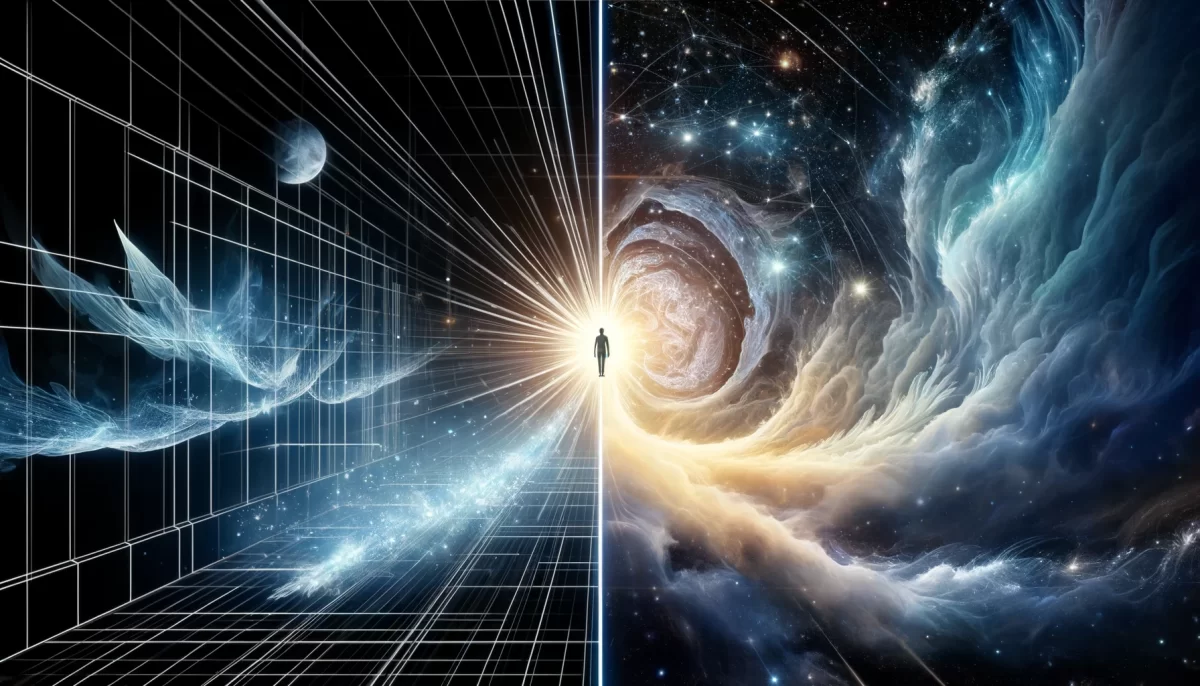
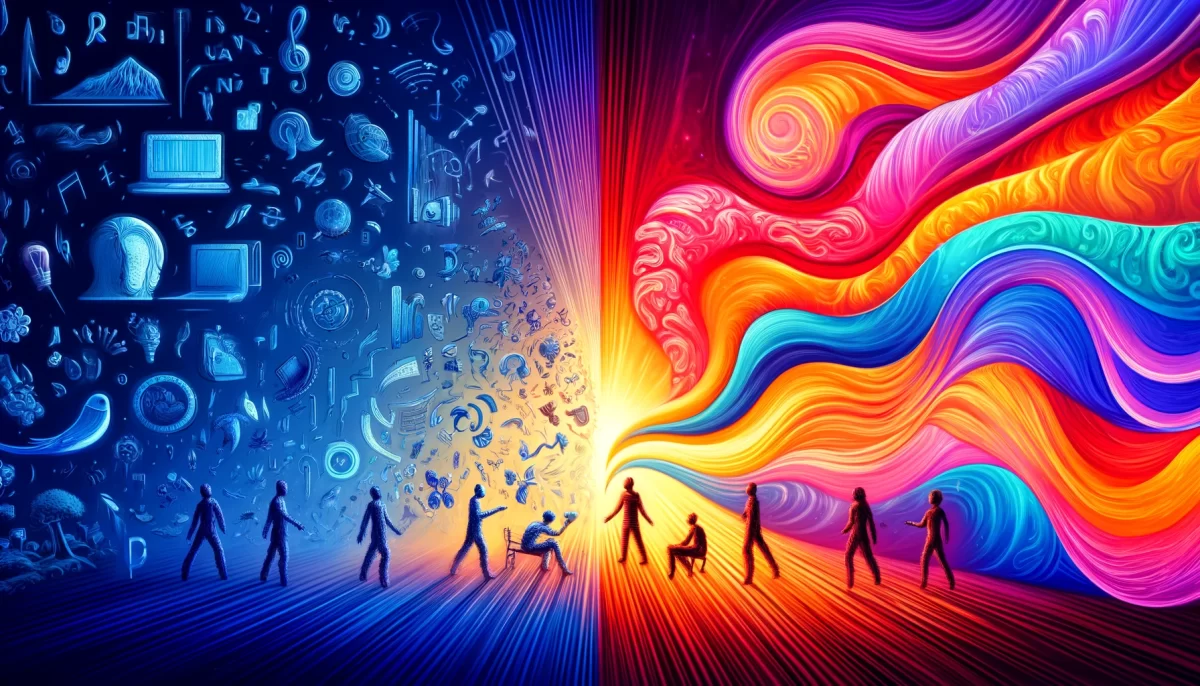
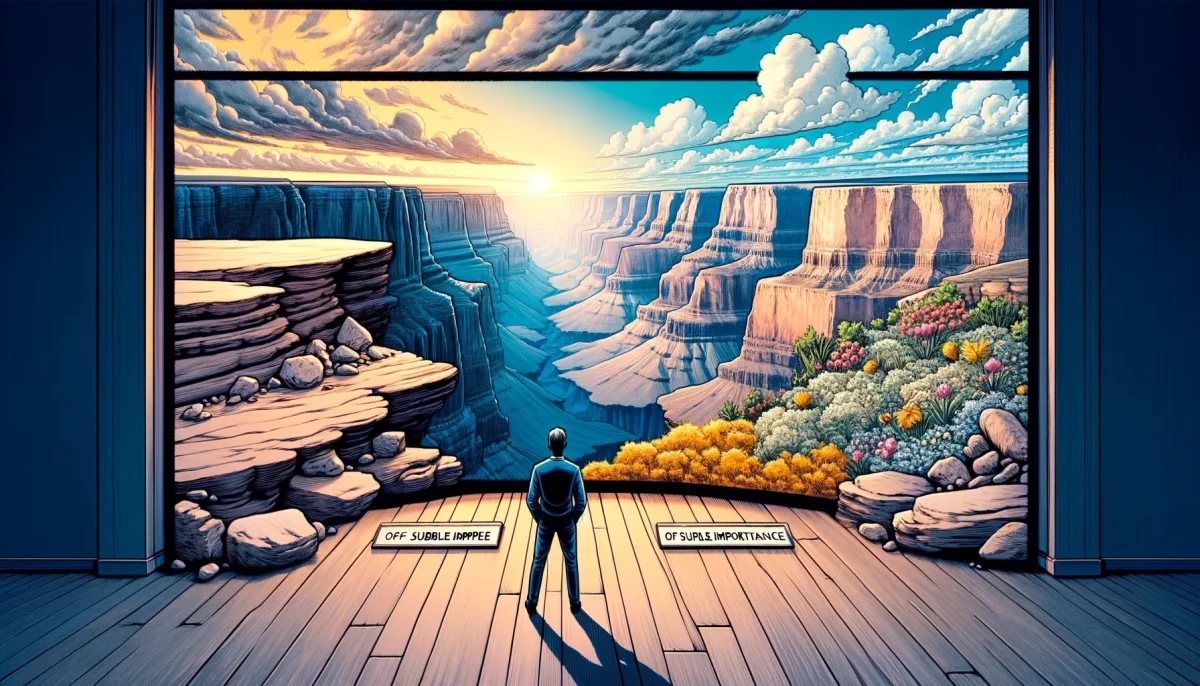
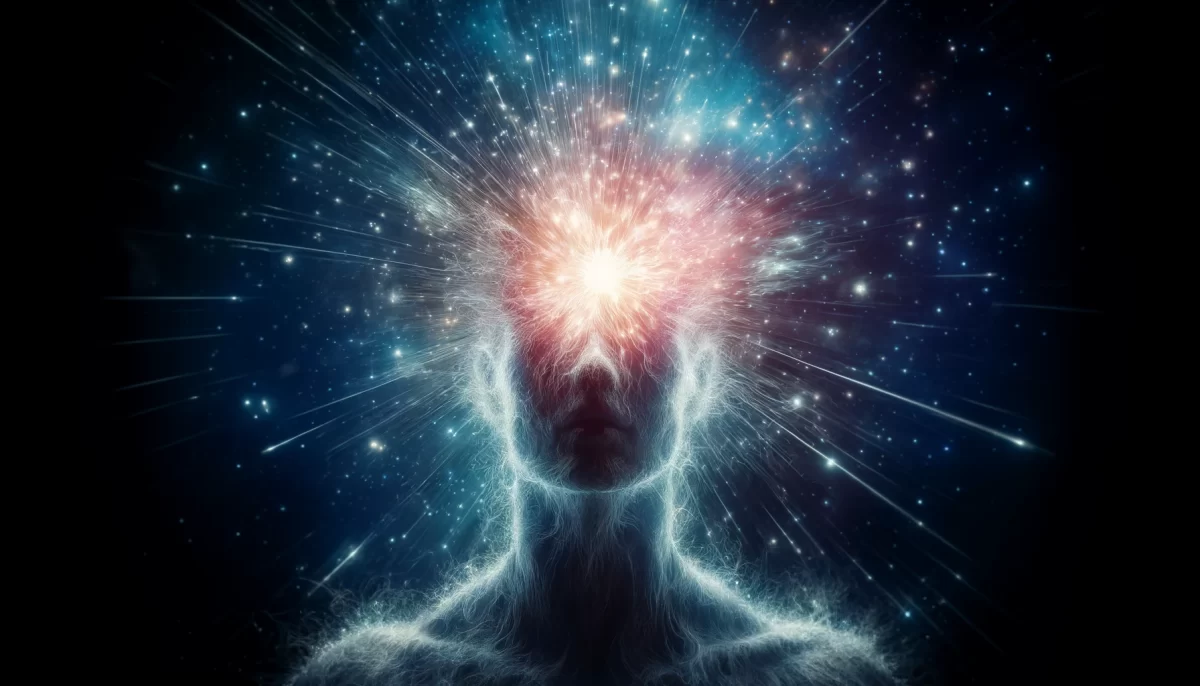
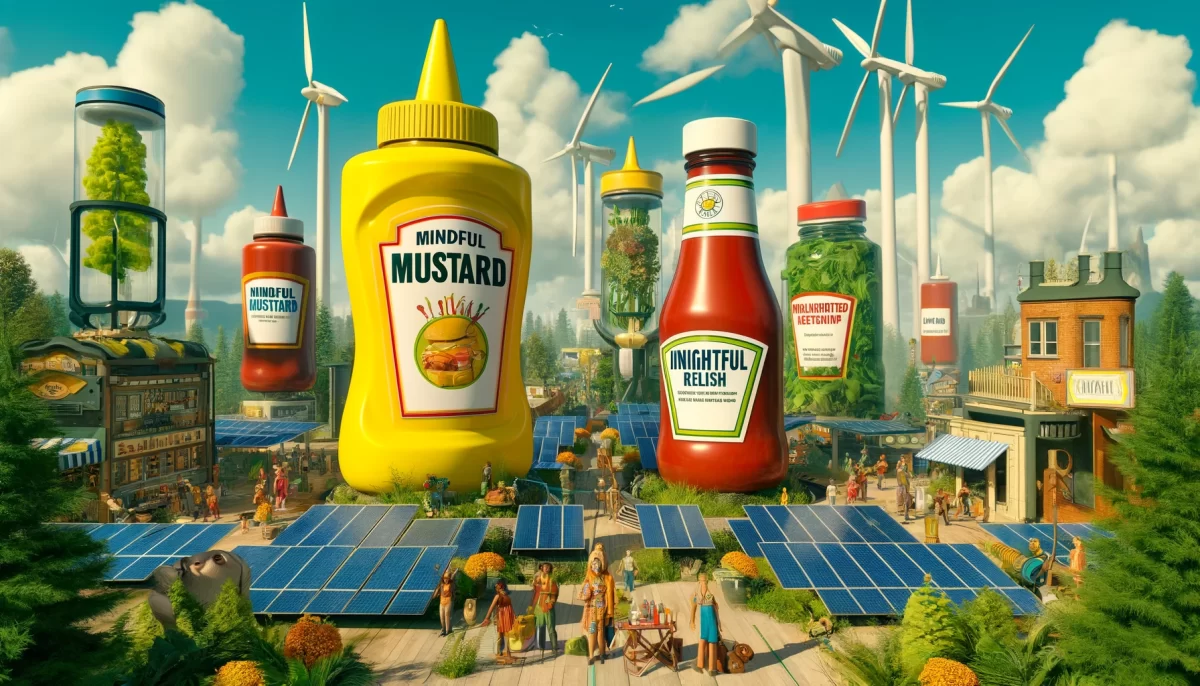


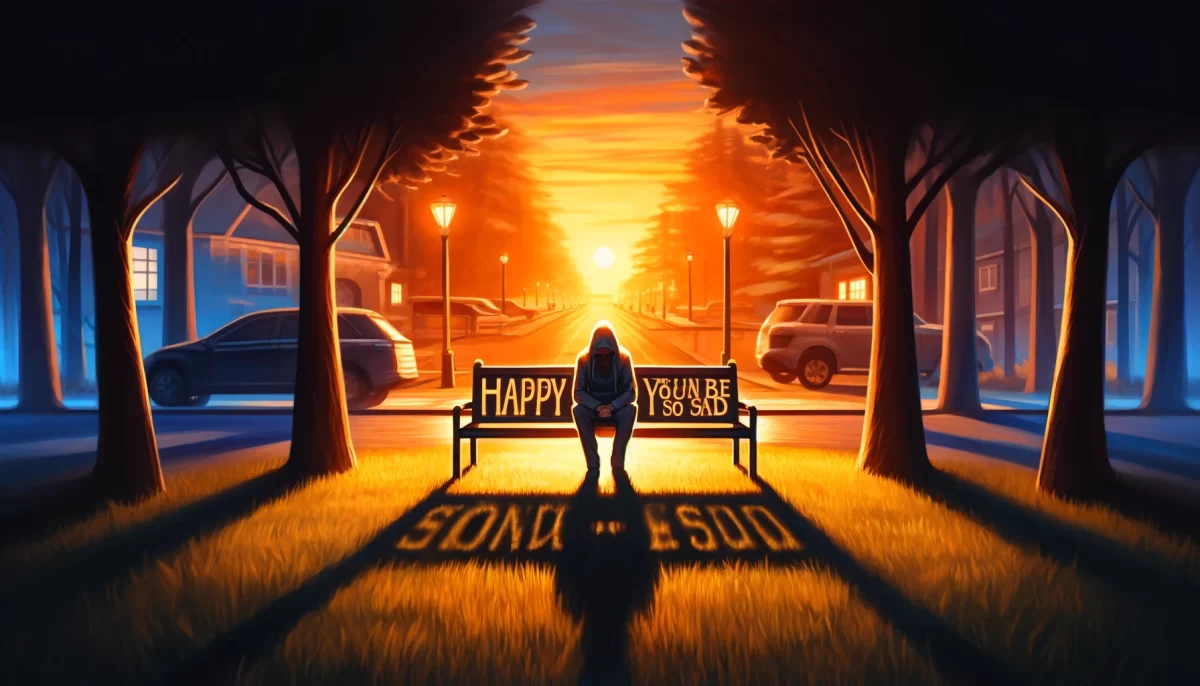
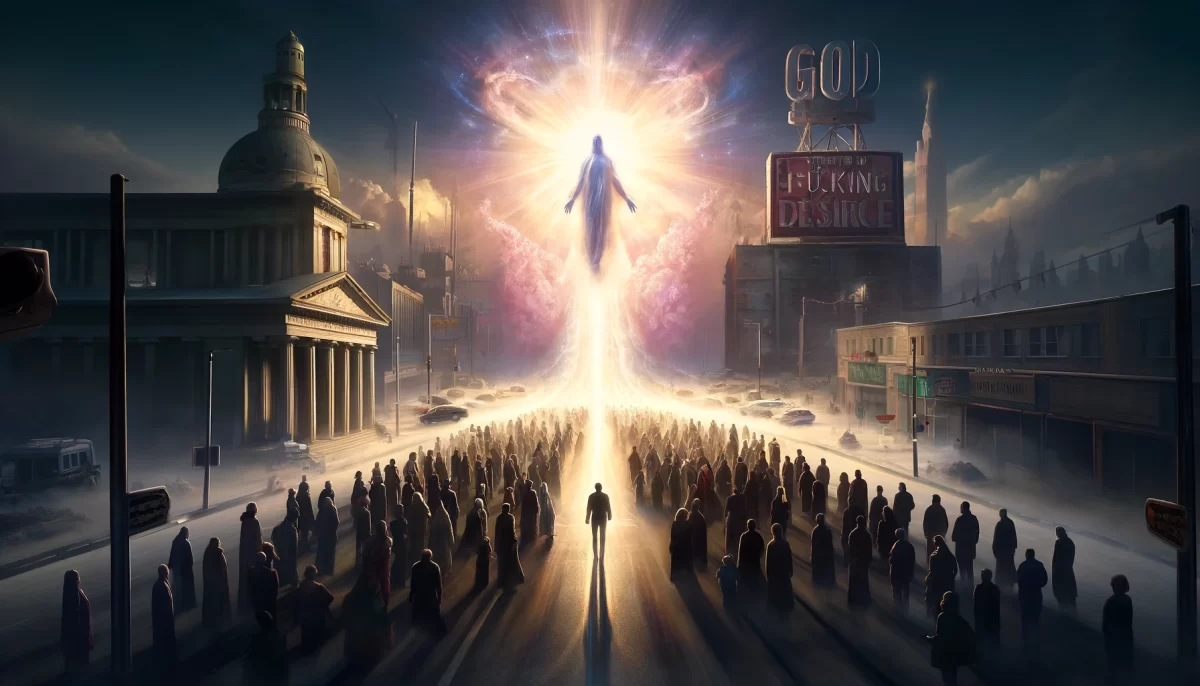
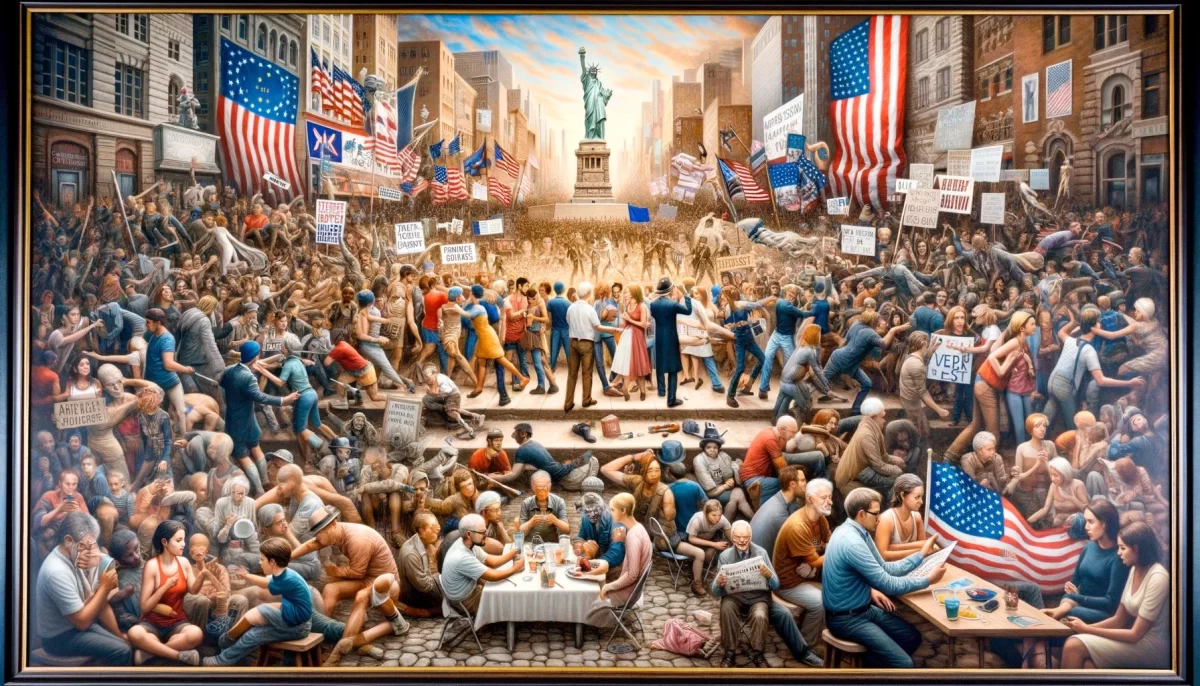
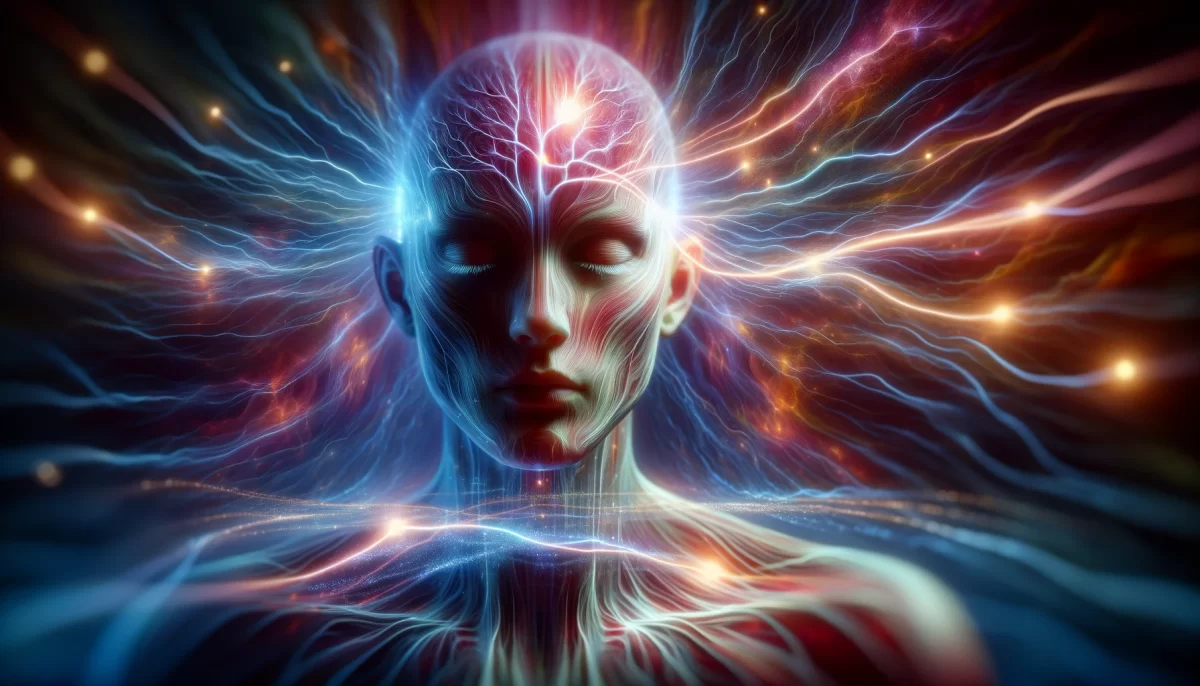
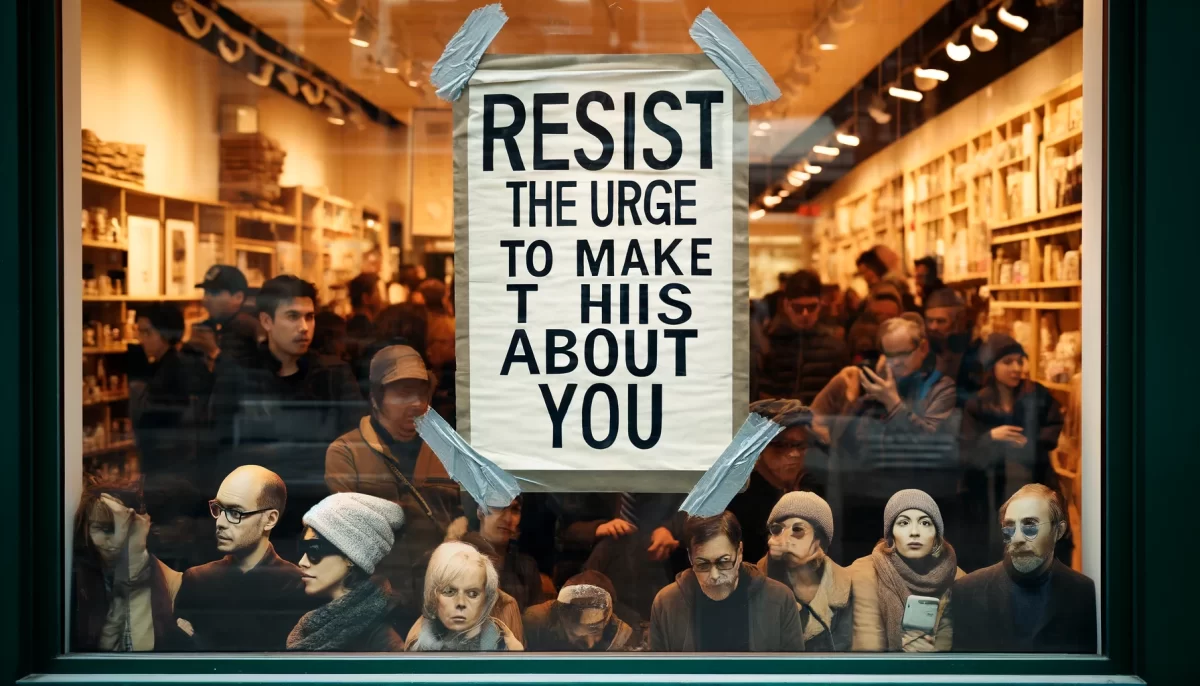
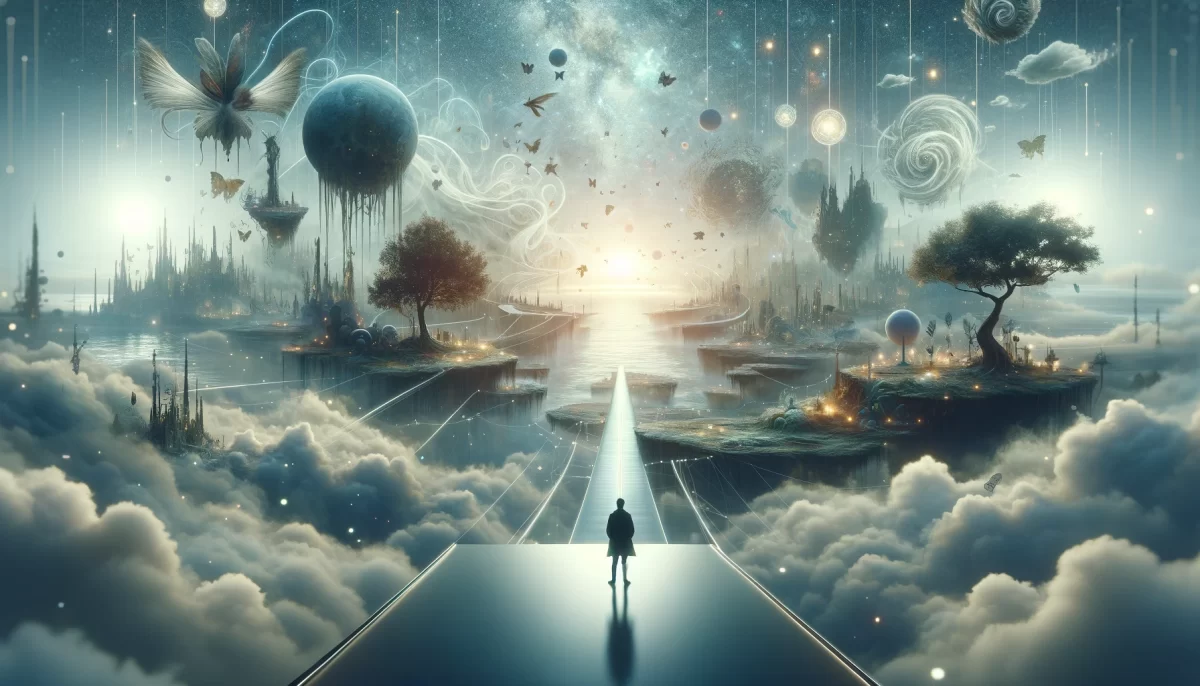
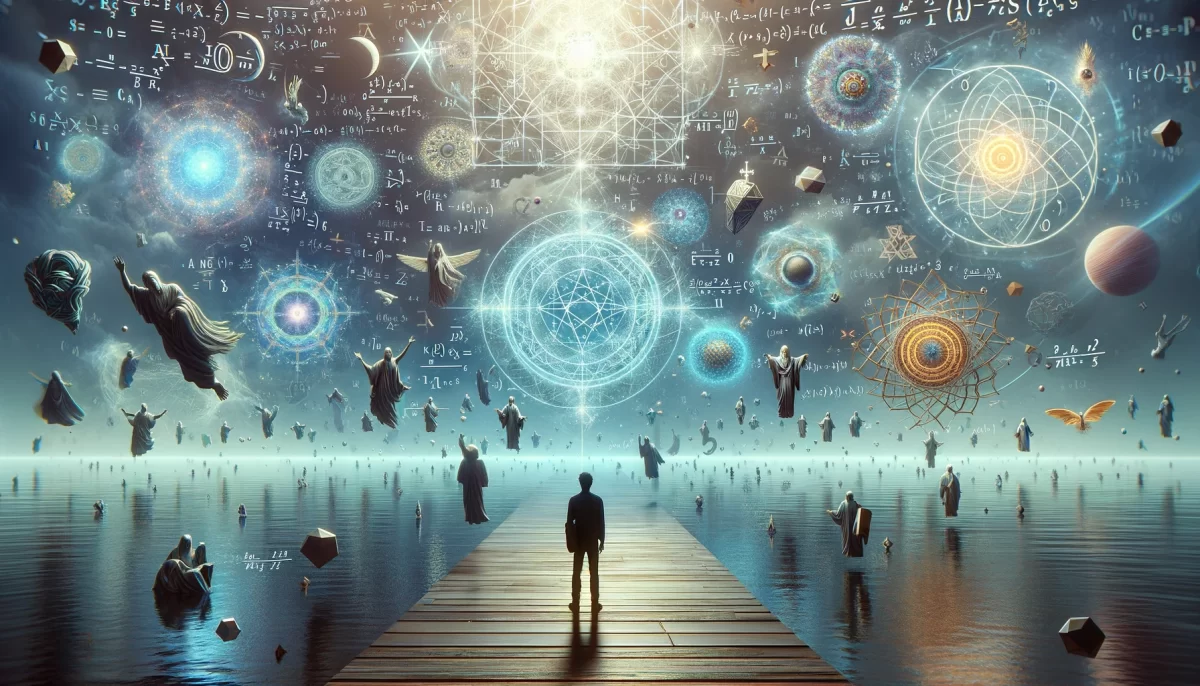
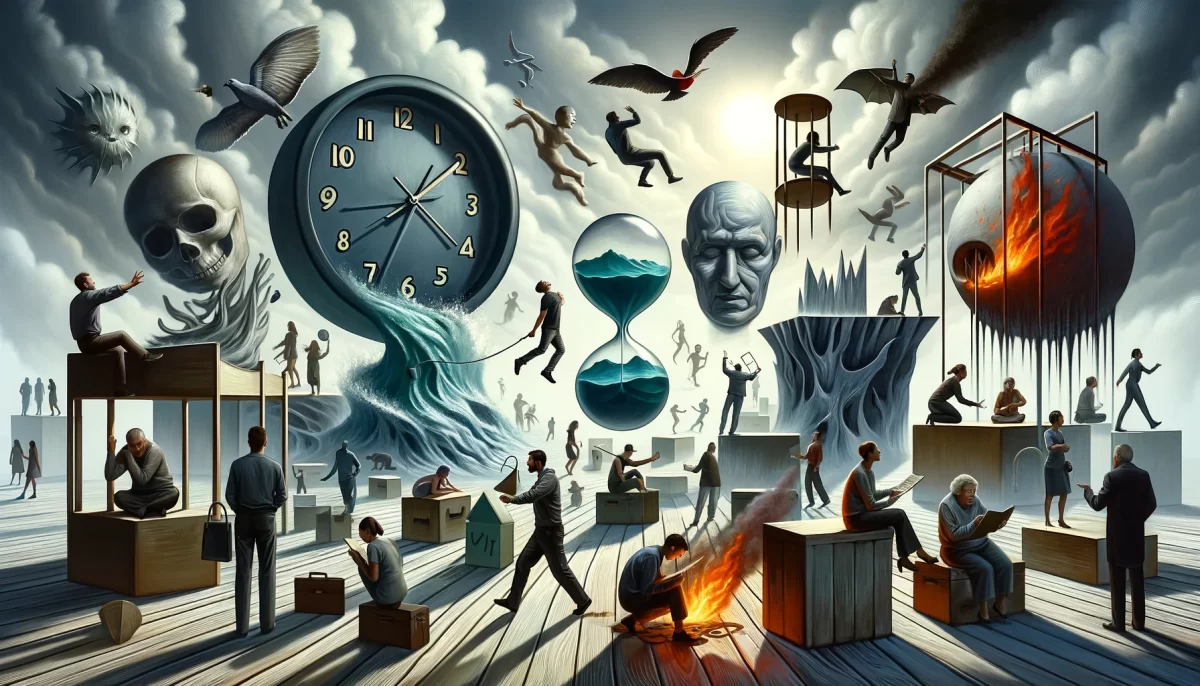
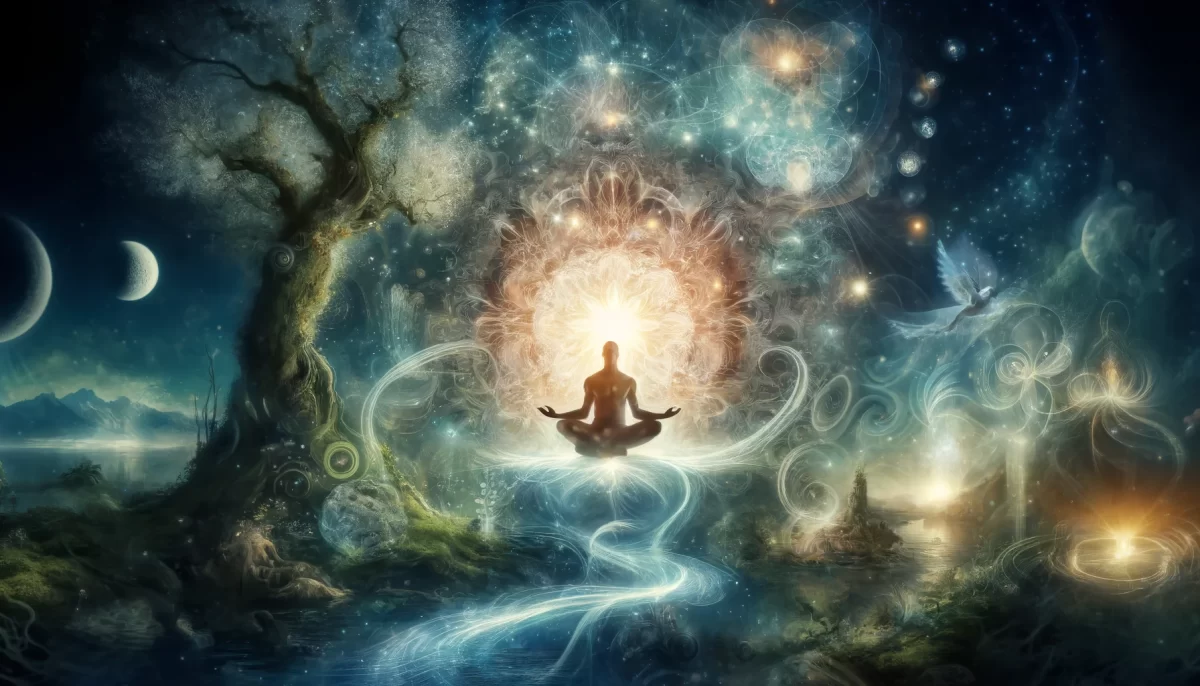
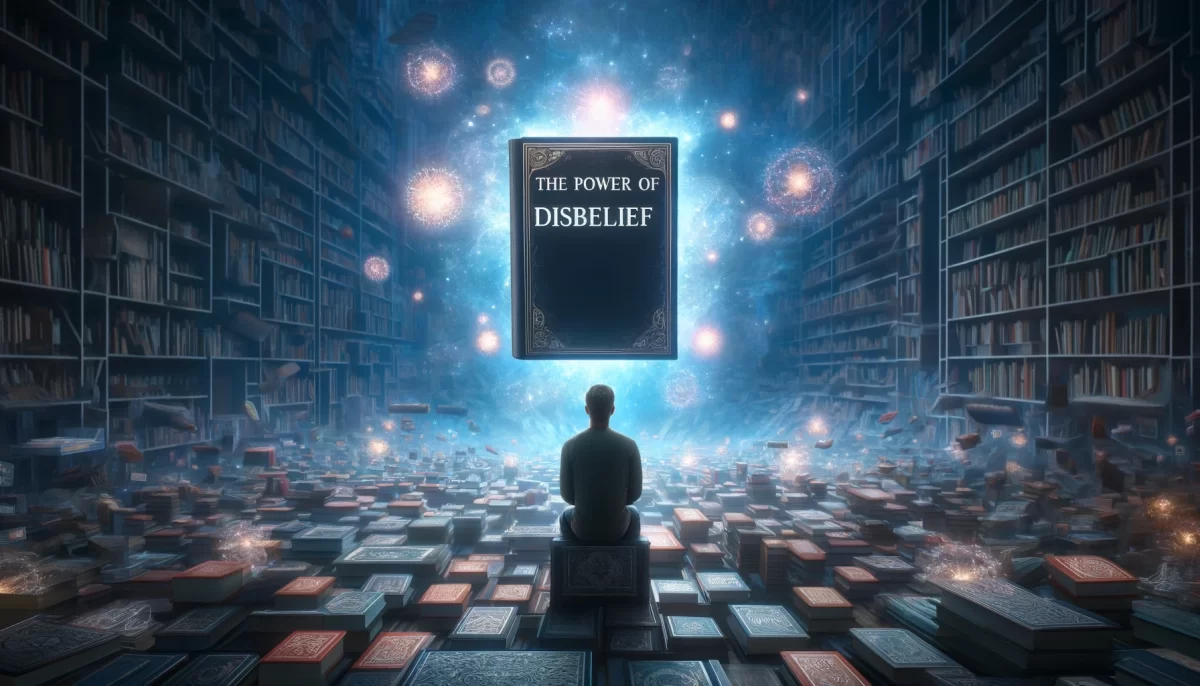
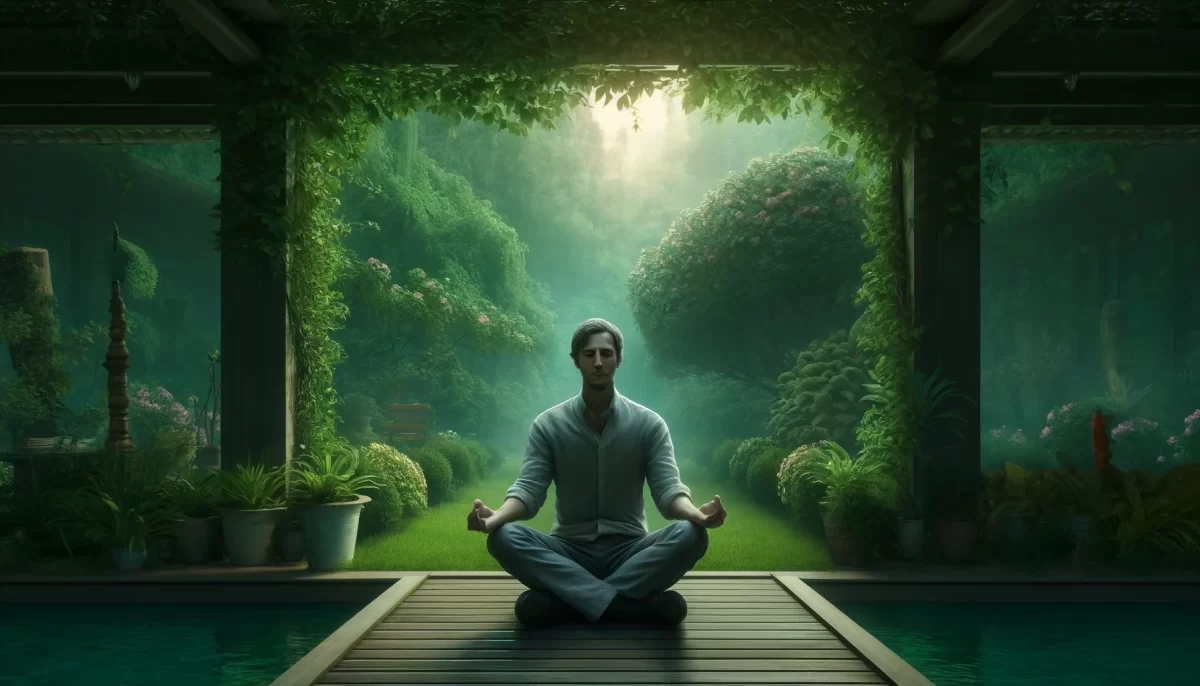
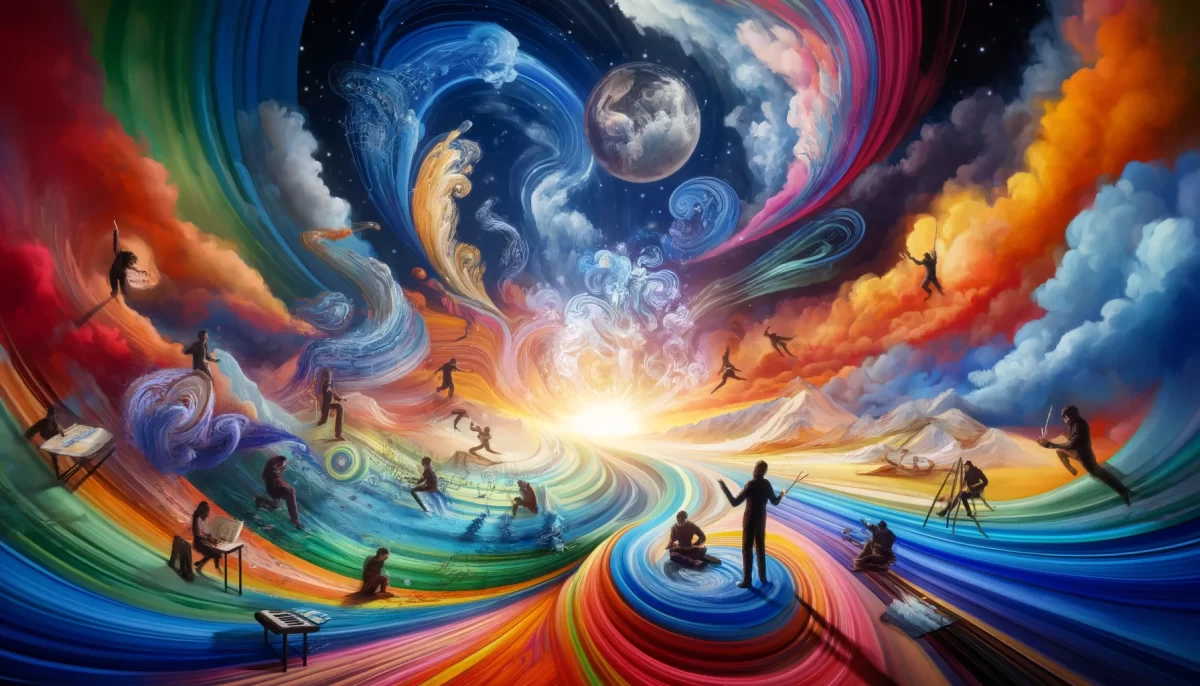
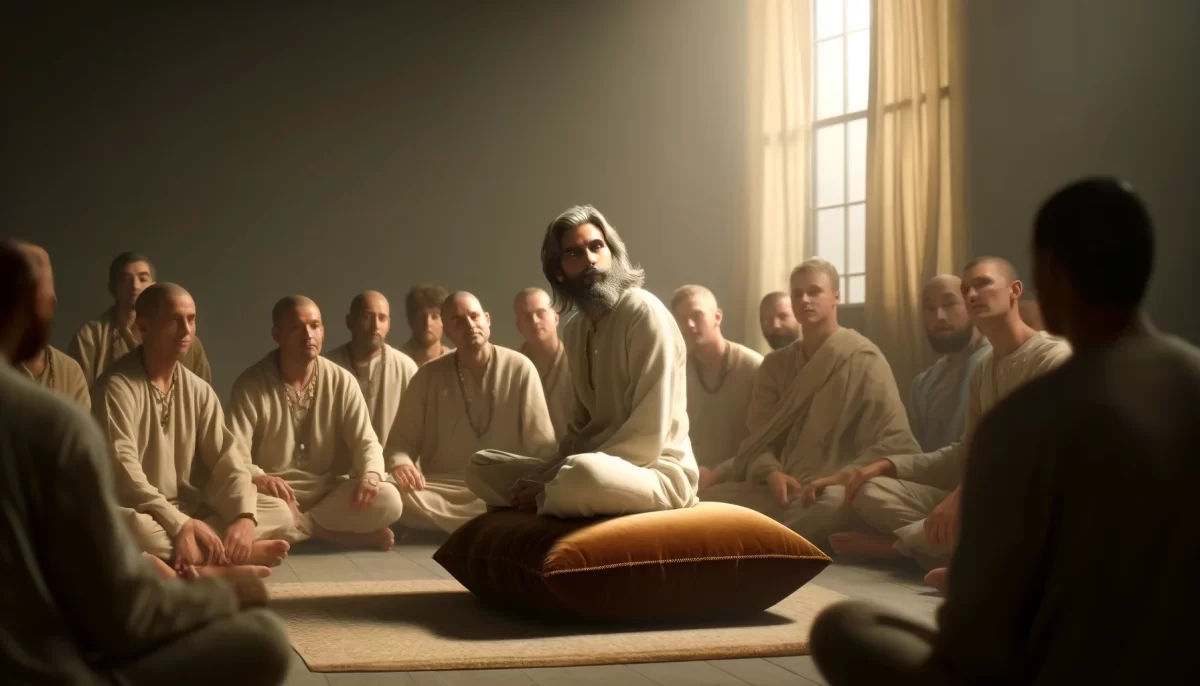
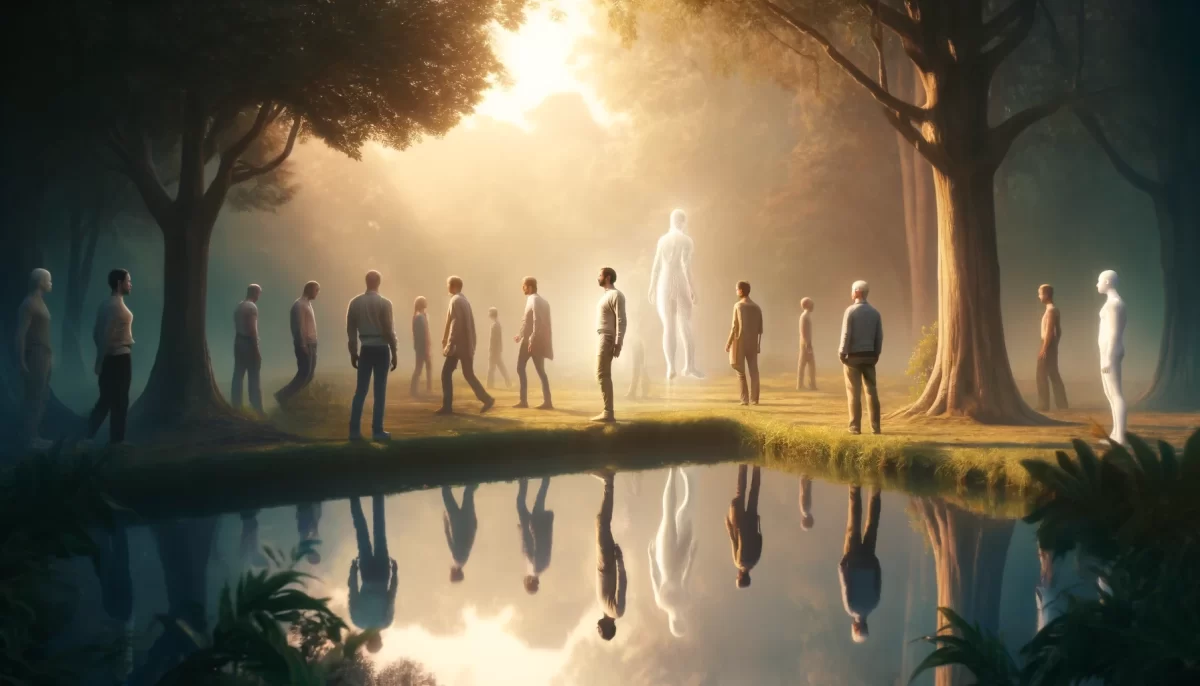

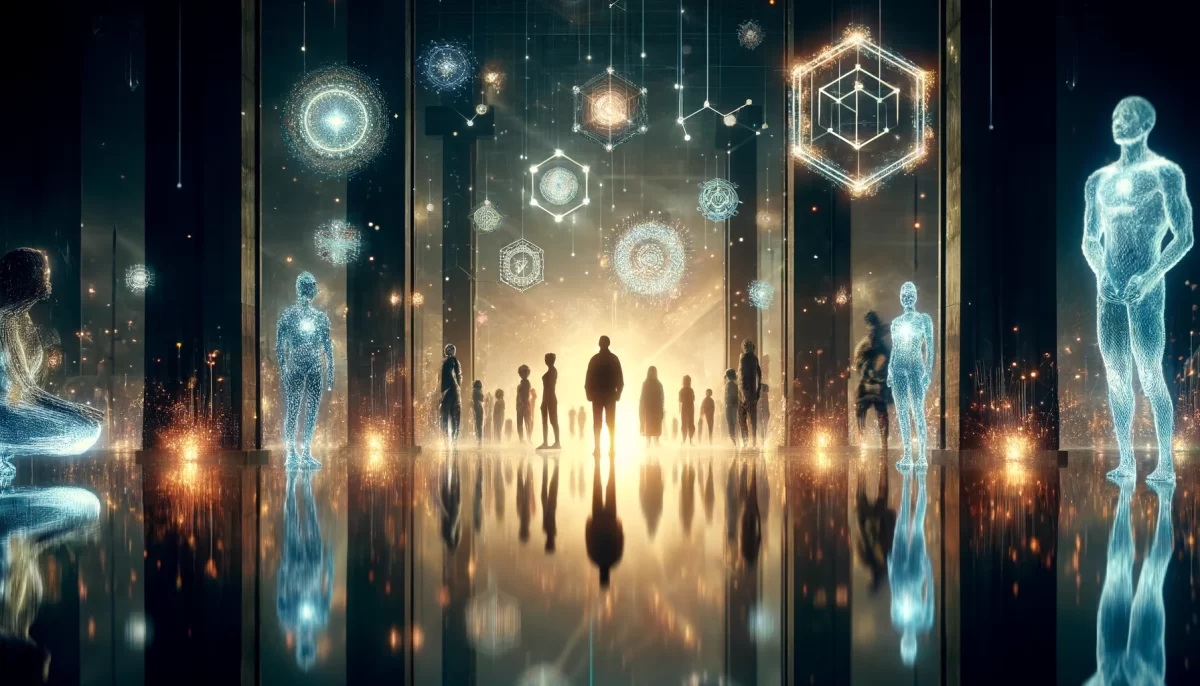
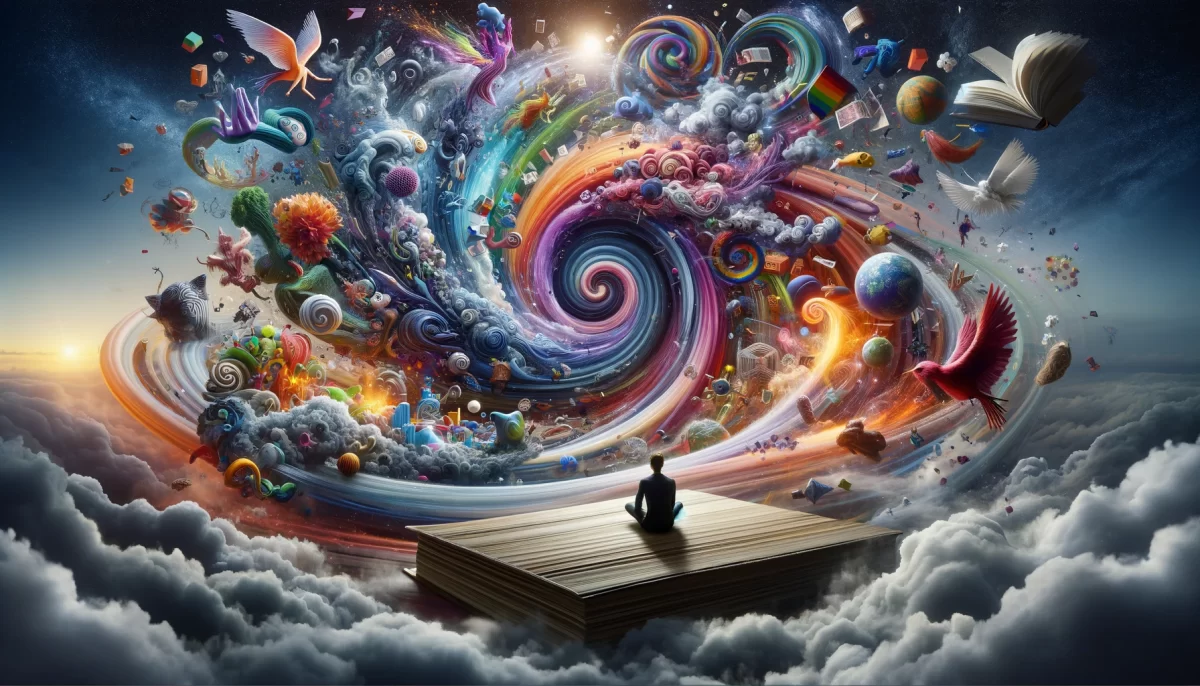
Leave a Reply